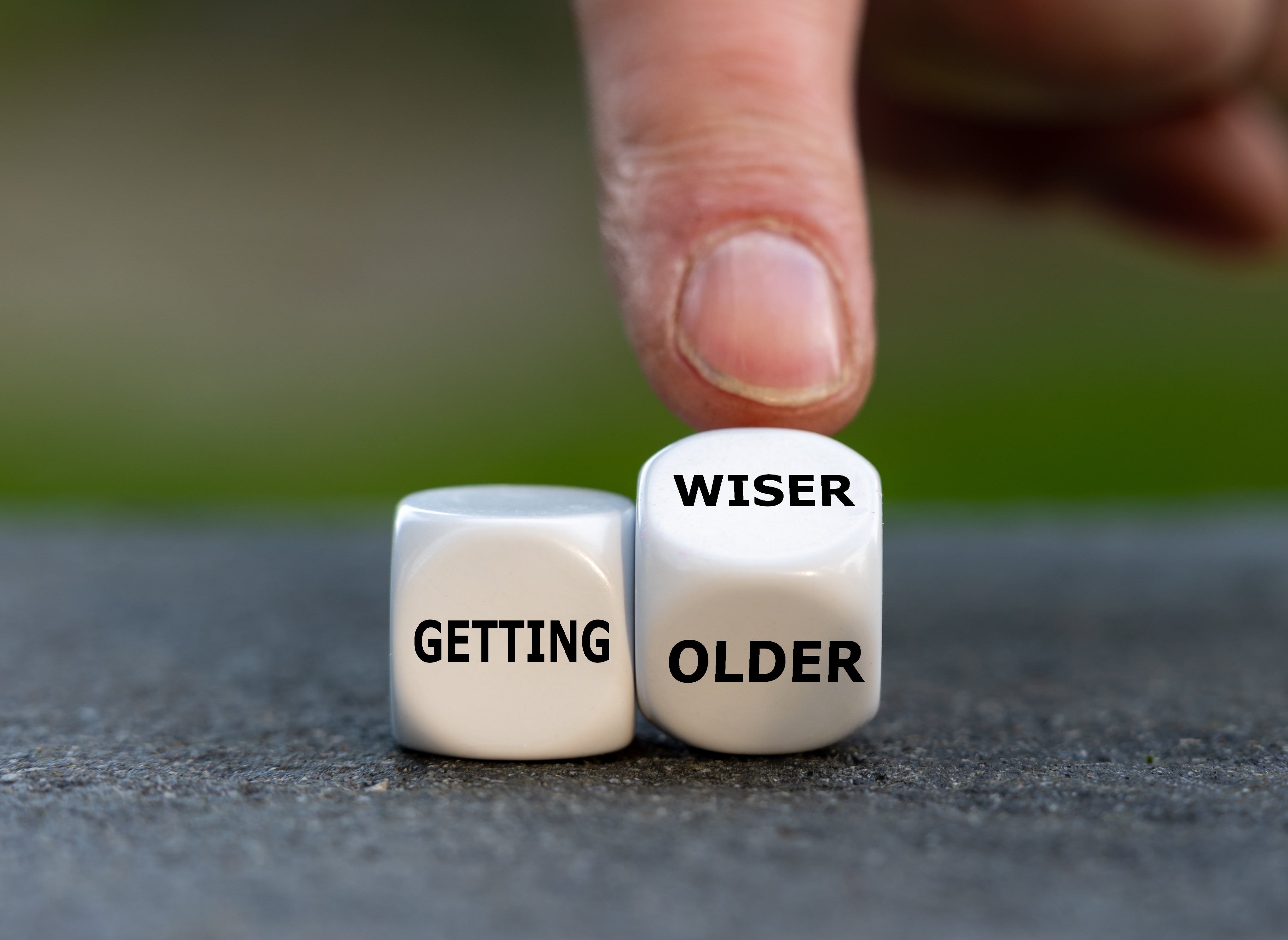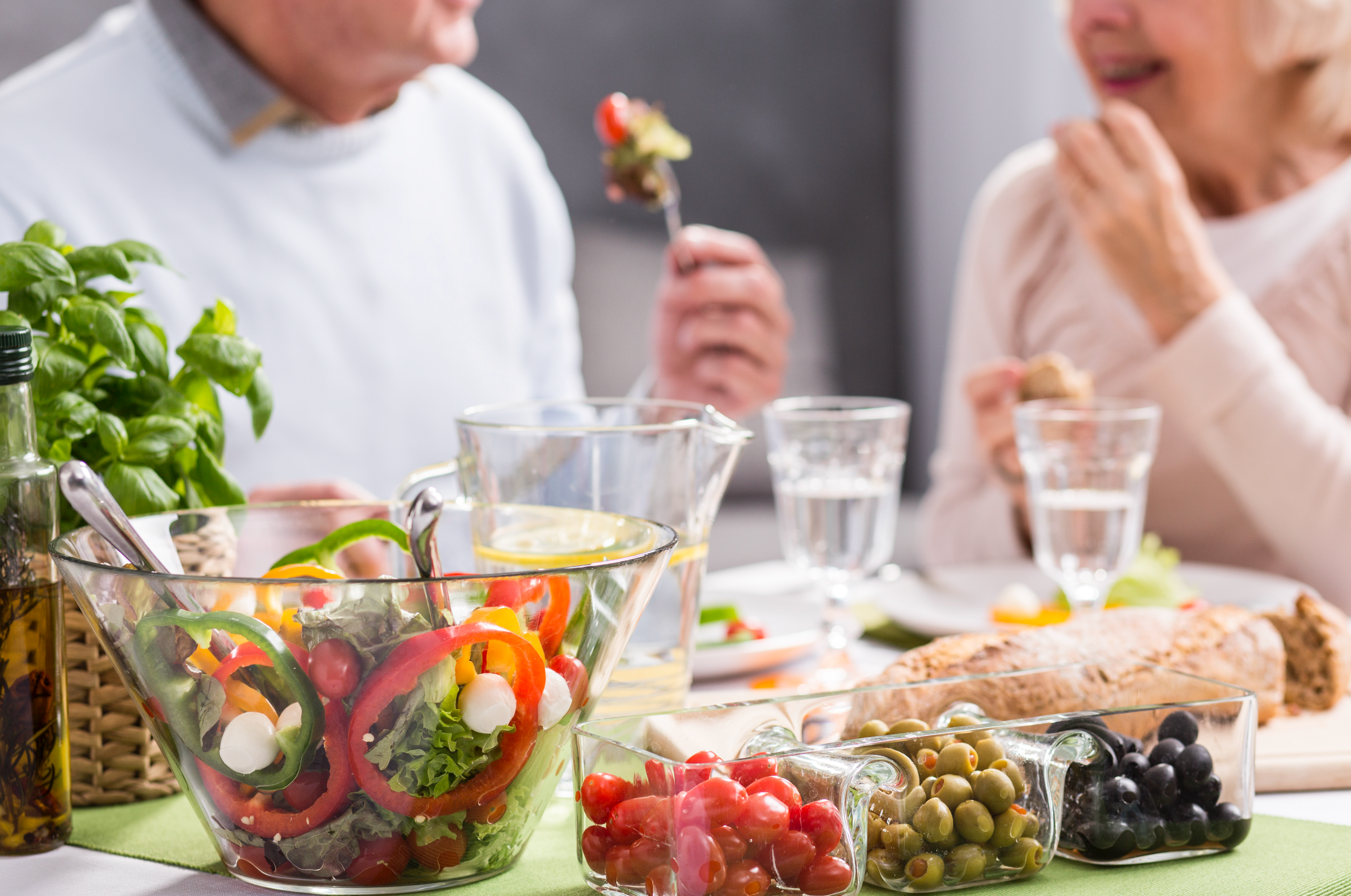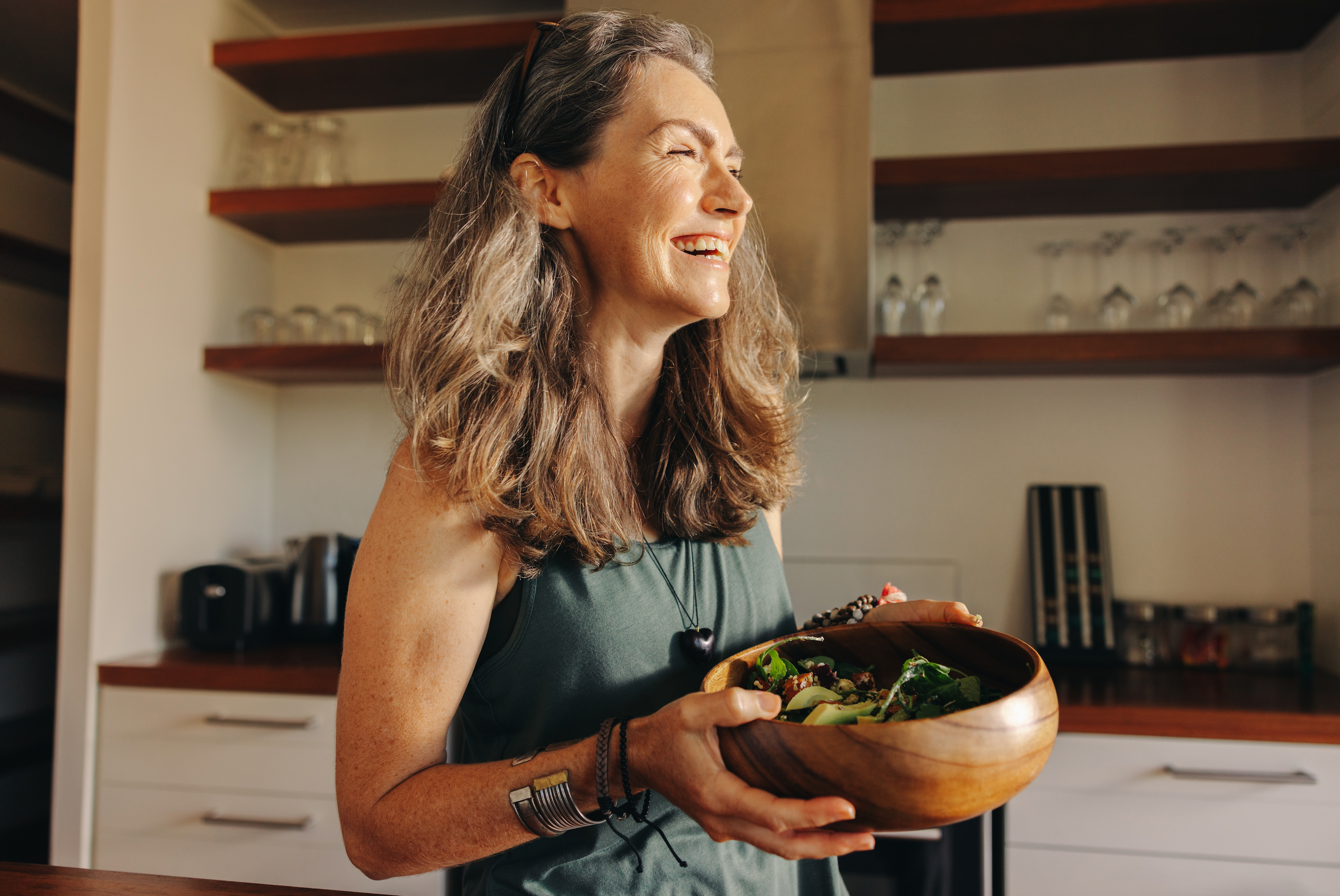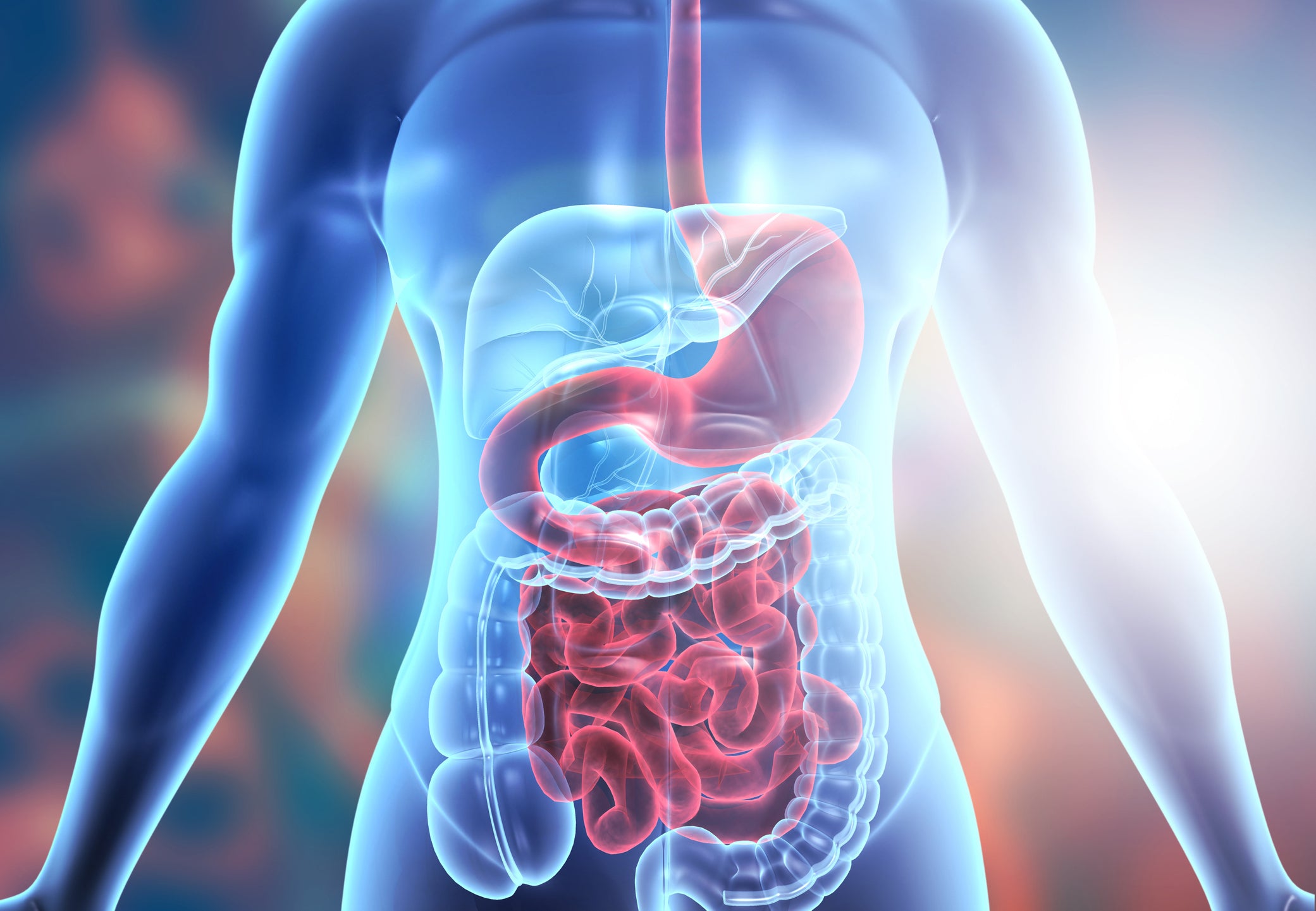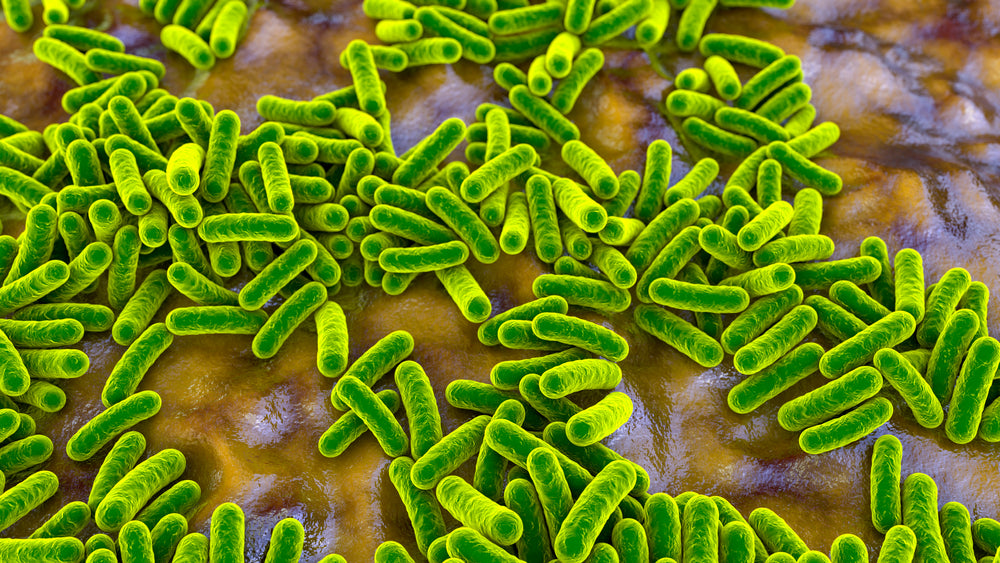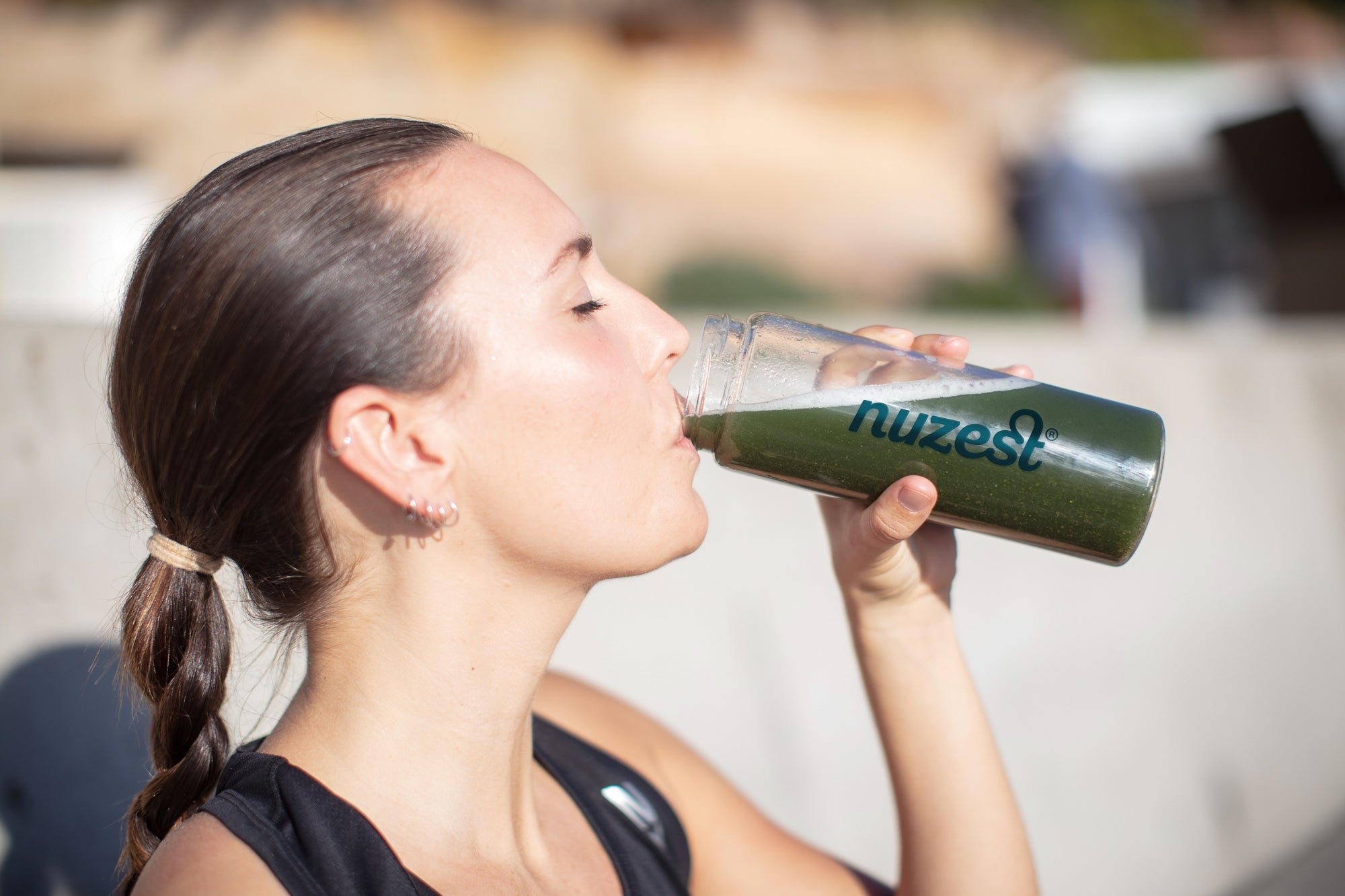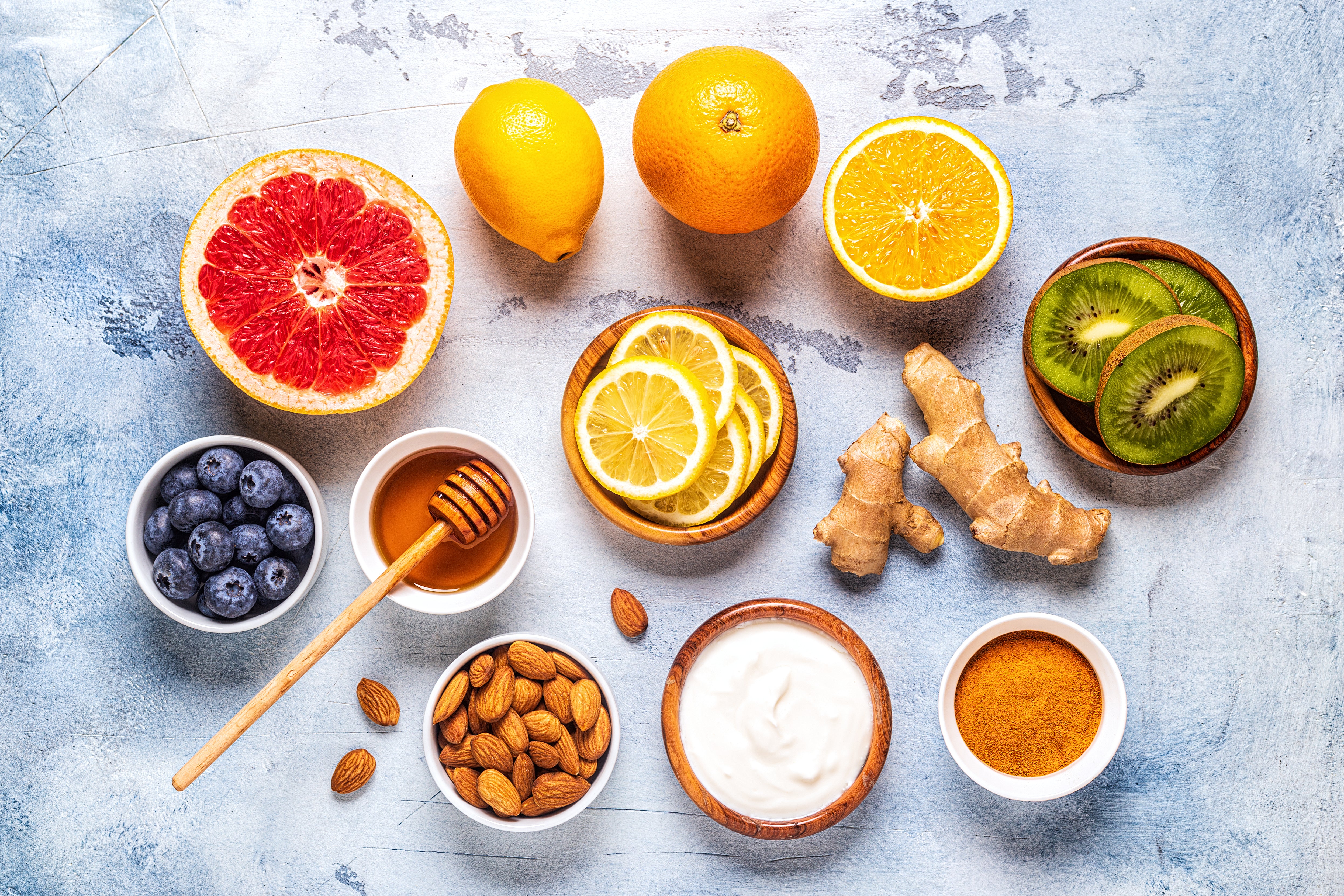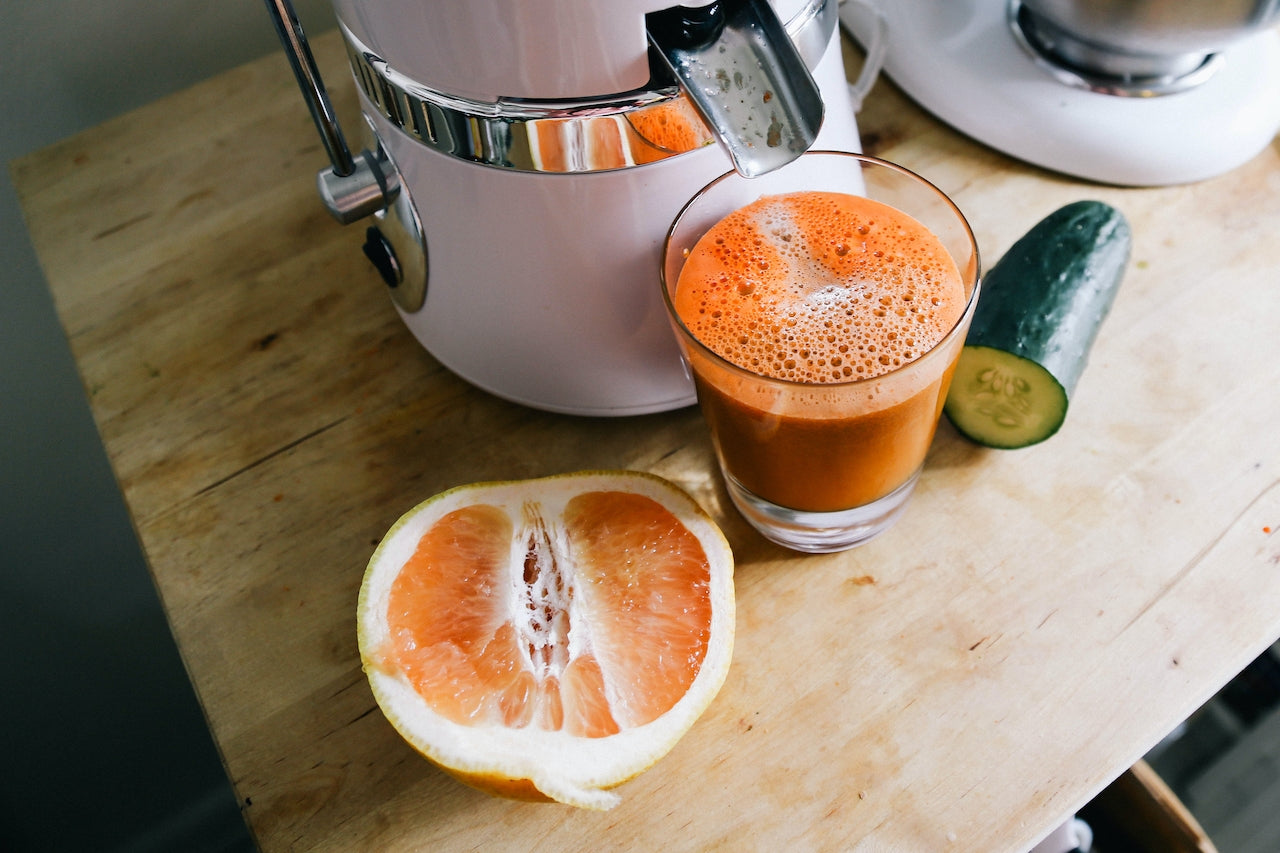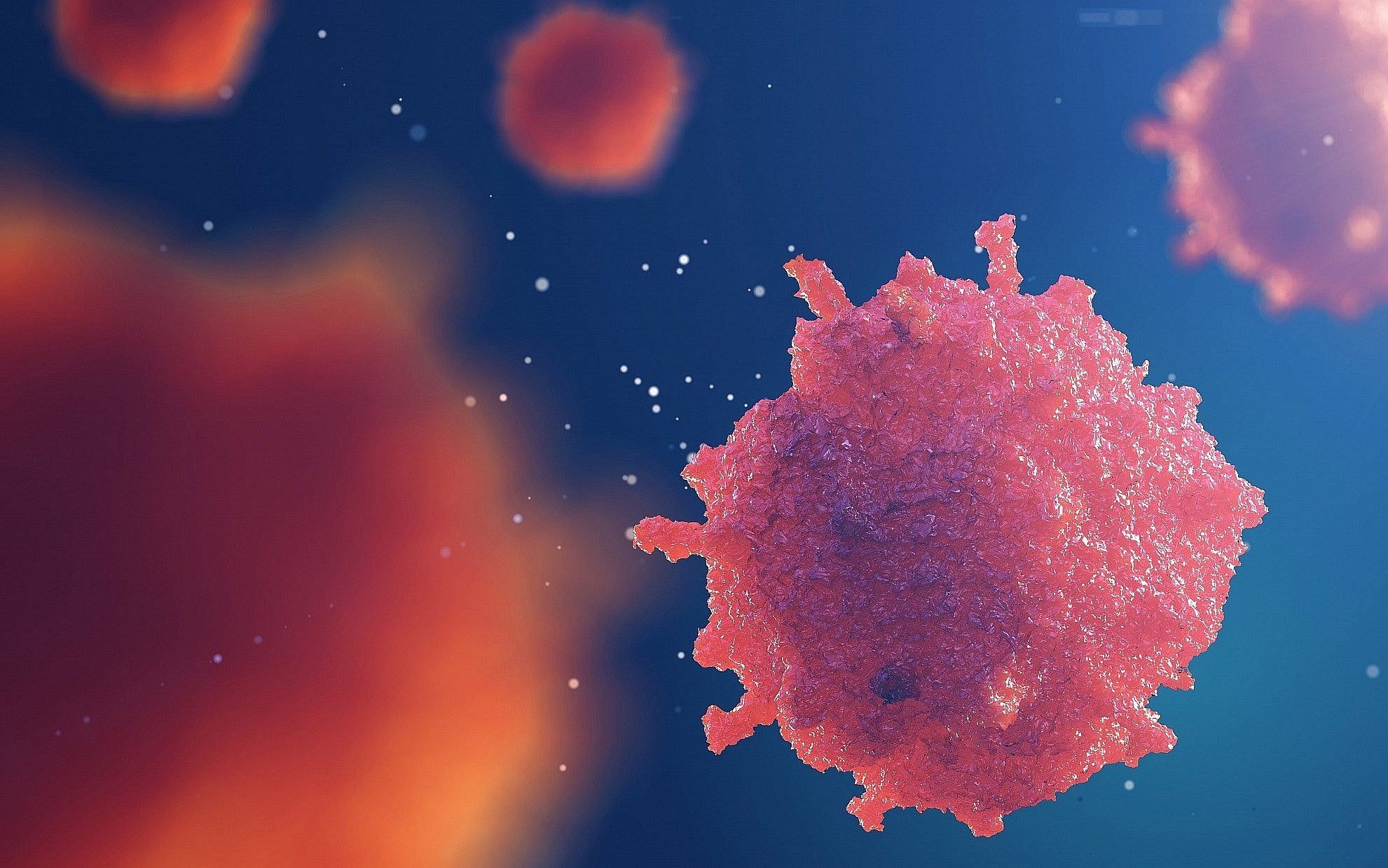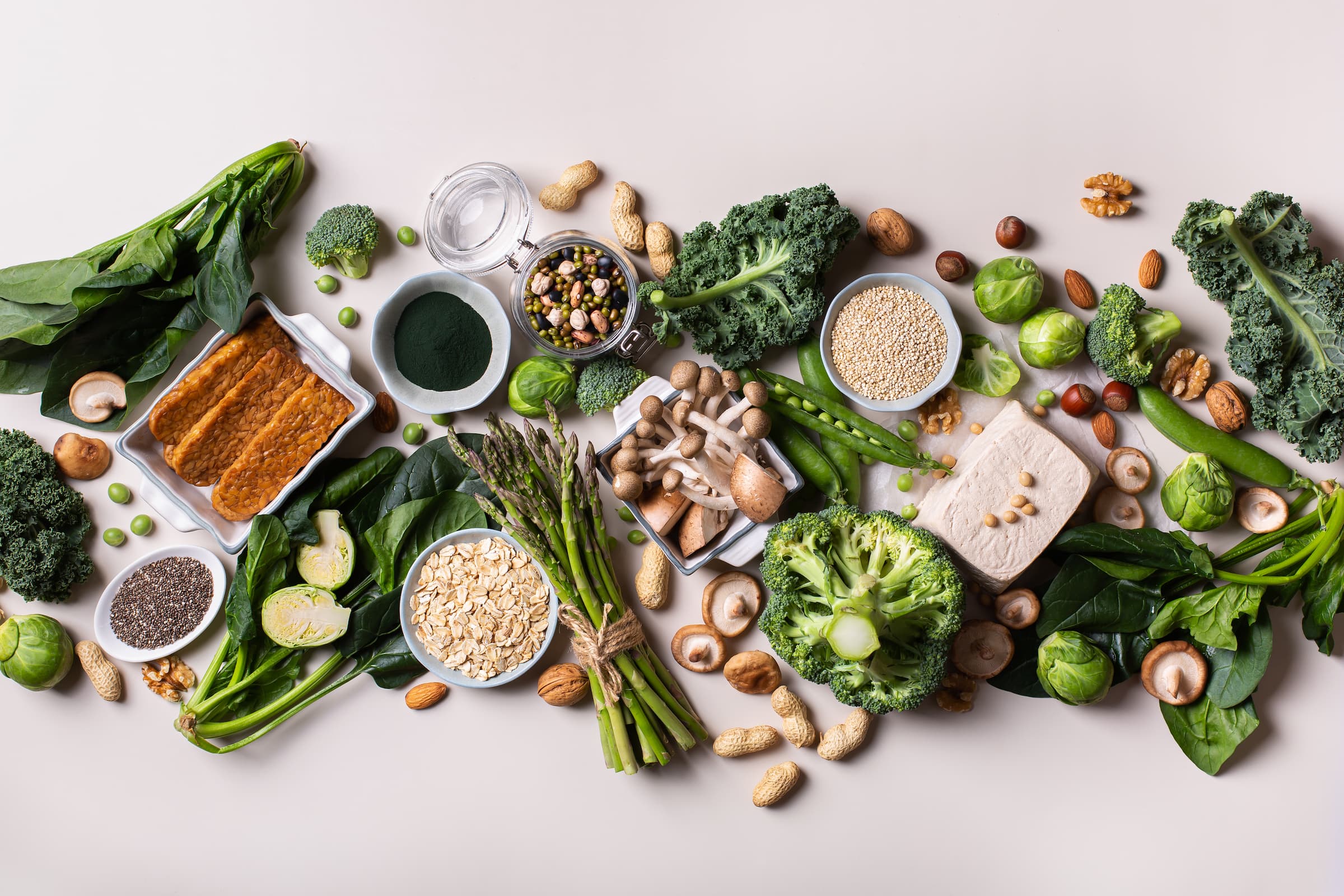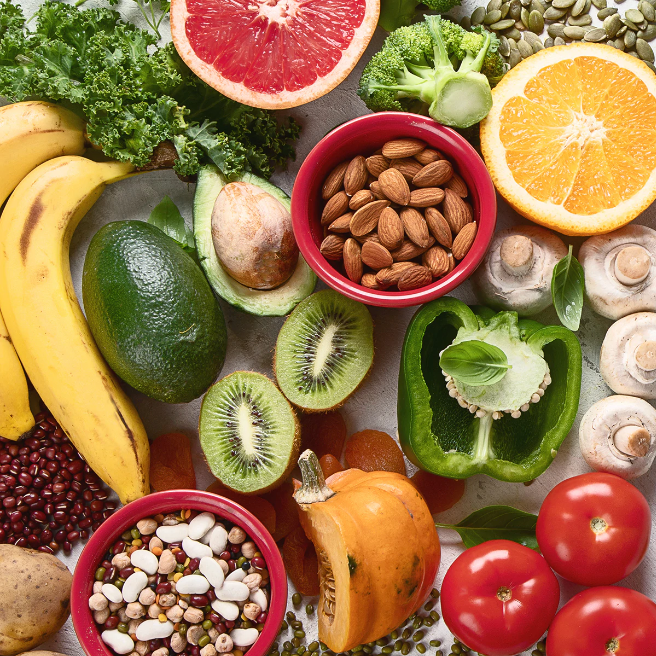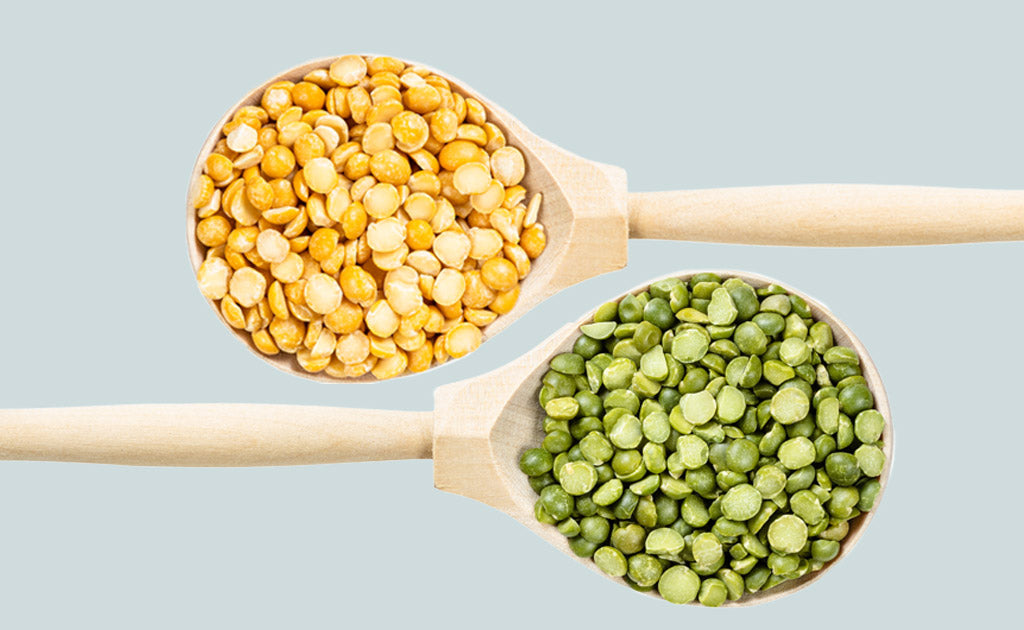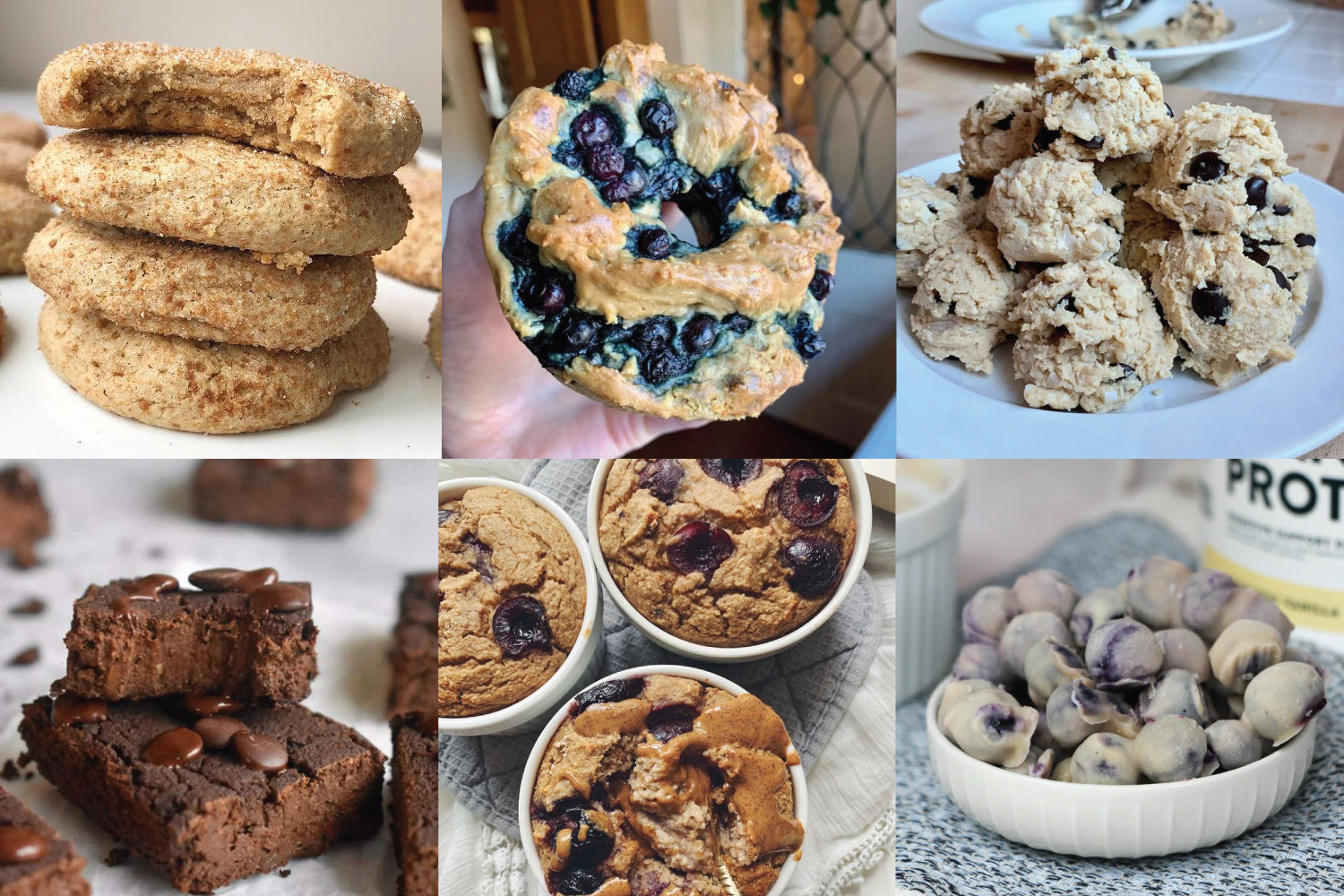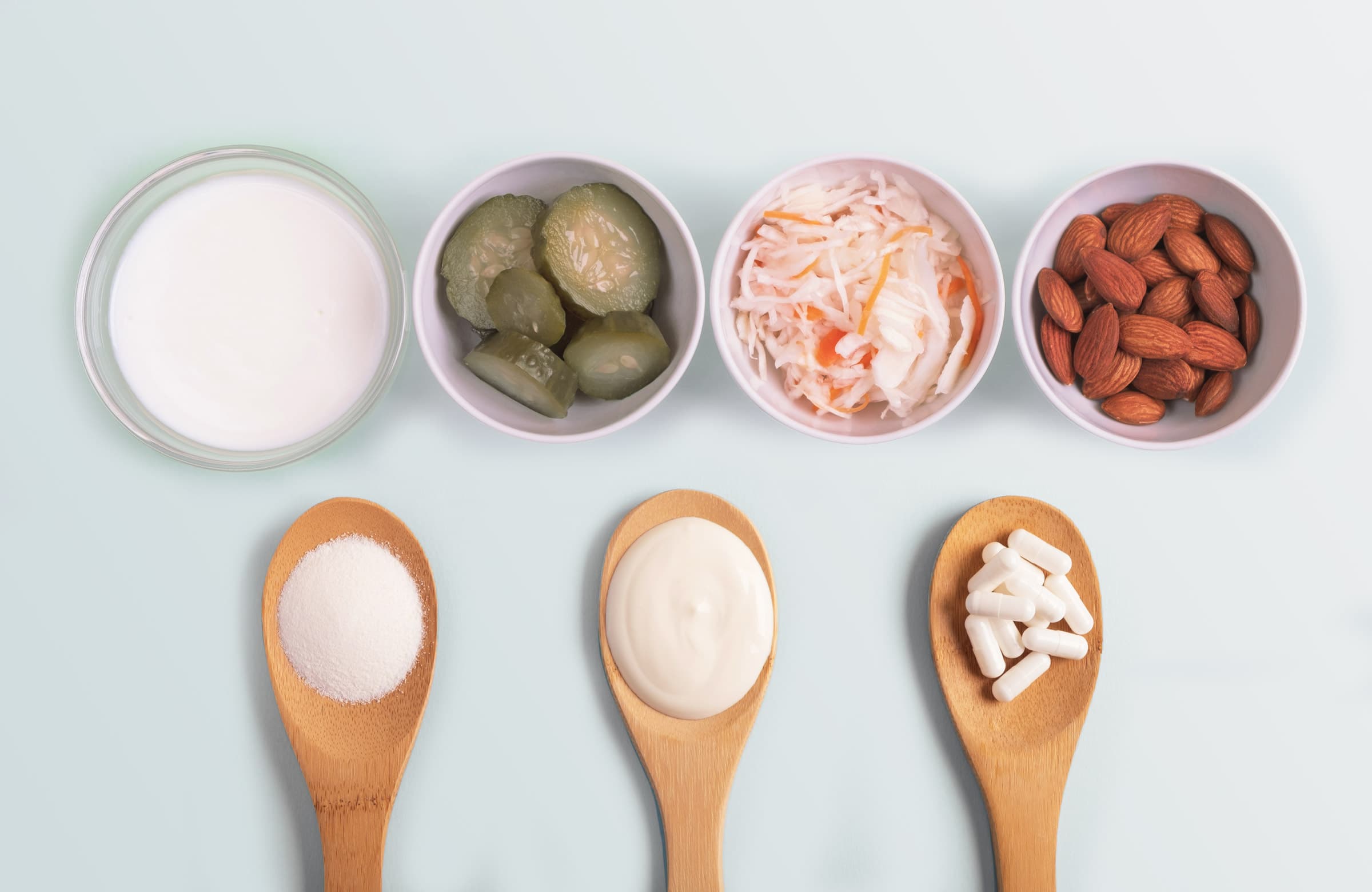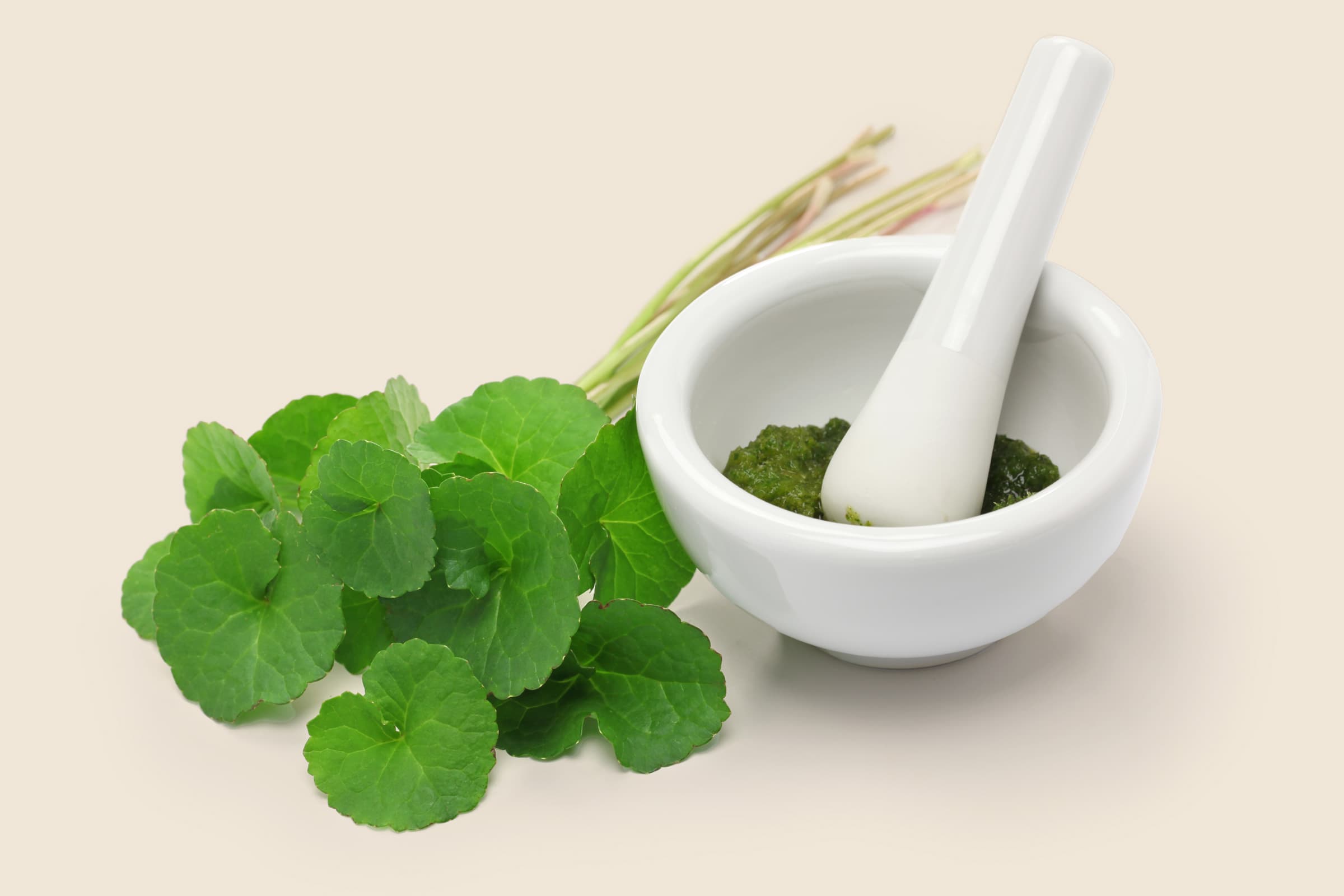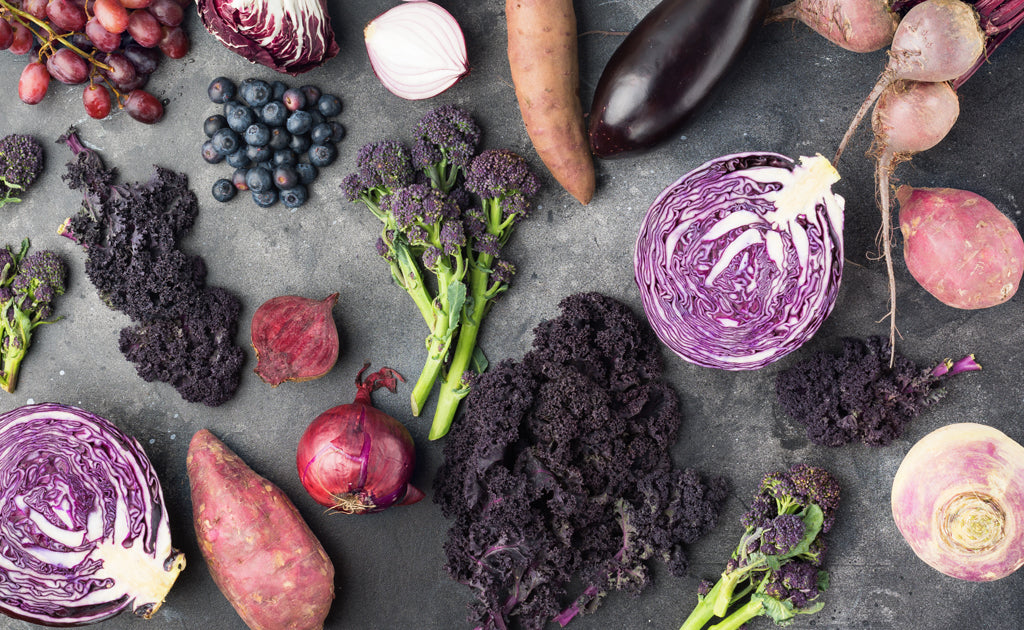It’s the holiday season, and let’s face it, we’re going to indulge in a little too much food, a few too many treats, and a beer (or three). But there are some tips for holiday season damage control that you can implement today.
Research has shown that maintaining (or improving!) our weight and general physical condition during the holidays can be a struggle.1
On average, most people gain around 1-2 lbs. during the holidays,2-4 but many gain significantly more. And interestingly, the more overweight we already are, the more we tend to gain.3 This increase in weight, along with likely increases in sugar, overall calories, and salt can also raise blood pressure. 4 In my experience, I’ve found that when people try to eat “moderately” during the holiday season, it typically doesn’t work. There are just too many temptations to be able to exercise the massive amount of willpower needed to resist! So, most of us simply live with the fact that we’ll put on a pound or two during the holiday season. But, perhaps it doesn’t need to be so?
I have found over the years that a couple of key strategies provide the “damage control” needed to help you not just stay on track, but actually continue to make some headway towards your physical goals between Thanksgiving and the New Year.
Here are some top strategies for staying on track during the holidays:
Strategy 1. Don’t eat in the morning until you’re hungry
There is no good, physical reason to eat first-thing in the morning if you’re not hungry. Many people benefit from modified forms of fasting, and extending the nighttime fasting period can really help you to keep burning fat at an accelerated rate. If you don’t feel hungry until lunch (or even later!), so be it…
Strategy 2. Have a protein-based smoothie for your first meal
Protein helps to provide additional satiety (the feeling of satisfaction and reduction in hunger from food) that is longer-lasting than the typical high-carb breakfast. Add some good, healthy fats to this smoothie, along with berries and vegetables (such as spinach or kale) to further increase satiety and to aid blood sugar regulation and provide additional vitamins, minerals and secondary nutrients. This will keep you going during the day and help to stop daytime snacking on treats!
Strategy 3. Do a little exercise before dinner
In the afternoon/early evening, get out and do a little exercise. This will most importantly help to keep you in the habit of exercising, but it can also help to prime your muscles to better store the nutrients that are going to be coming in later on!
Strategy 4. Prioritize protein, healthy fats and vegetables first
When it comes to the evening meal (or whichever meal is going to be the main event for the day!), load up your plate with at least three fist-sized servings of vegetables first. Then add protein (such as meat, fish, chicken or turkey) and some good fats (butter, ghee, olive oil, etc.). On your second serving, feel free to eat some yams and potato. Then, if you still have room, dessert is back on the menu!
Strategy 5. When you start to feel more thirsty than hungry, stop eating and make sure you drink some water!
An old-timers strategy for overfeeding was to listen to your body and when it tells you it’s really thirsty, stop eating and drink water. This will help you to take in the extra water you might need to properly process all the extra nutrients you’ve taken in, and deal with the increased salt intake.
So, this is how a Holiday daily eating plan might look:
Wake:
Drink water upon arising.
12 pm:
If hungry, have a Clean Lean Protein smoothie with berries, veggies and healthy fats.
How about try Cliff’s favorite go-to smoothie?
-
3 scoops Clean Lean Protein Rich Chocolate
-
½ cup berries
-
2 Tbsp. peanut butter
-
2 cups kale or spinach
Afternoon:
Perform exercise, such as a calisthenic circuit of bodyweight squats, pushups, planks and hip-extensions (glute raises), followed by a light walk.
Evening:
Eat turkey, vegetables and gravy.
2nd helping:
Eat turkey, veggies, gravy and yams.
Dessert:
Whatever is there!
How do these strategies work?
Limited time to eat = restricted calories
No meal plan or strategy works for everyone, but I have found that both for myself and the majority of my clients, limiting the “feeding windows” results in greatly reduced calorie intake. And so, the potential for weight gain is minimized. In fact, because I train a lot, it is actually difficult for me to get in too many calories if I limit my meals to two per day!
Prioritizing carbs later in the day and after exercise
Doing a little exercise before the main meal of the day, especially if it is much higher in carbs and protein, helps to increase insulin sensitivity of muscle and so, helps the body to store fat and carbs more effectively in muscle, as compared to storing it as fat tissue.
Eating freely vs. restricting
One of the biggest hurdles isn’t a physical one, it’s mental. Many of us struggle with restricting the size of our meals, or the portions of carbs, or the total avoidance of treats. That’s why by choosing to abstain from meals, rather than moderate them, we can get better results.
Weight gain over the holidays need not be inevitable! By following this strategy, or modifying it to your needs, you could quite literally have your cake… and eat it too!
References
-
Boutelle KN, Kirschenbaum DS, Baker RC, Mitchell ME. How can obese weight controllers minimize weight gain during the high risk holiday season? By self-monitoring very consistently. Health psychology : official journal of the Division of Health Psychology, American Psychological Association.1999;18(4):364-368.
-
Yanovski JA, Yanovski SZ, Sovik KN, Nguyen TT, O'Neil PM, Sebring NG. A Prospective Study of Holiday Weight Gain. New England Journal of Medicine. 2000;342(12):861-867.
-
Hull HR, Radley D, Dinger MK, Fields DA. The effect of the Thanksgiving Holiday on weight gain. Nutrition Journal. 2006;5(1):29.
-
Reid R, Hackett AF. Changes in nutritional status in adults over Christmas 1998. Journal of Human Nutrition and Dietetics. 1999;12(6):513-516.




